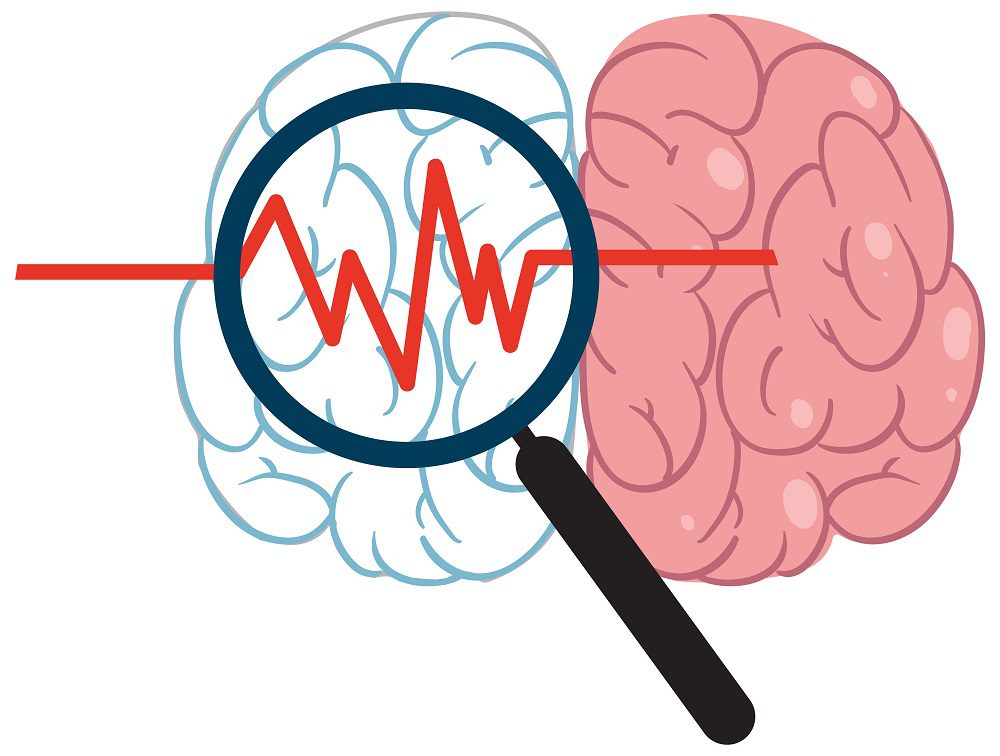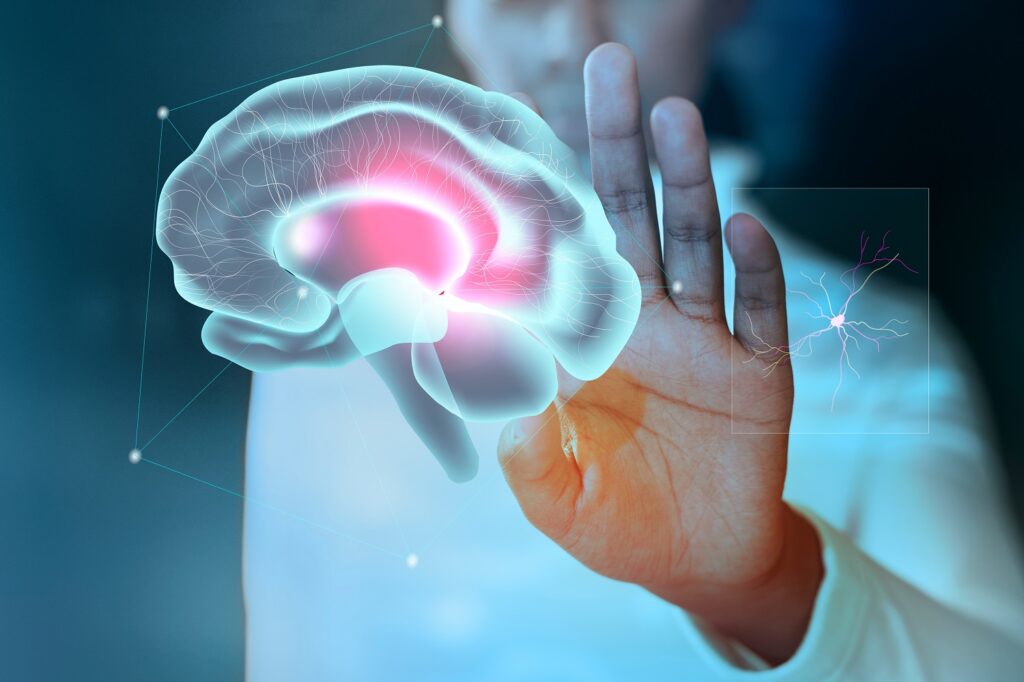Omega-3 PUFAs are the essential fatty acids used to produce Eicosapentaenoic acid (EPA) from EPA, they then synthesize DHA.
EPA can decrease the production of arachidonic acid by inhibiting delta-5-desaturase activity. In the cyclooxygenase enzyme system, EPA may compete with arachidonic acid for phospholipase A2 (PLA2) and help block the process of proinflammatory eicosanoid synthesis from arachidonic acid (e.g., prostaglandins, thromboxane, and leukotrienes), prostaglandin E2 and thromboxane B2 which can lead to the antidepressant effect.
EPA supplementation has been associated with N-acetyl-aspartate increases in the brain, a marker for neuronal homeostasis, suggesting its role as a neuroprotective agent. EPA supplementation also increased the ratio of cerebral phosphomonoesters to phosphodiesters, an indicator of phospholipid turnover, and reversed brain atrophy in a subject with major depressive disorder















